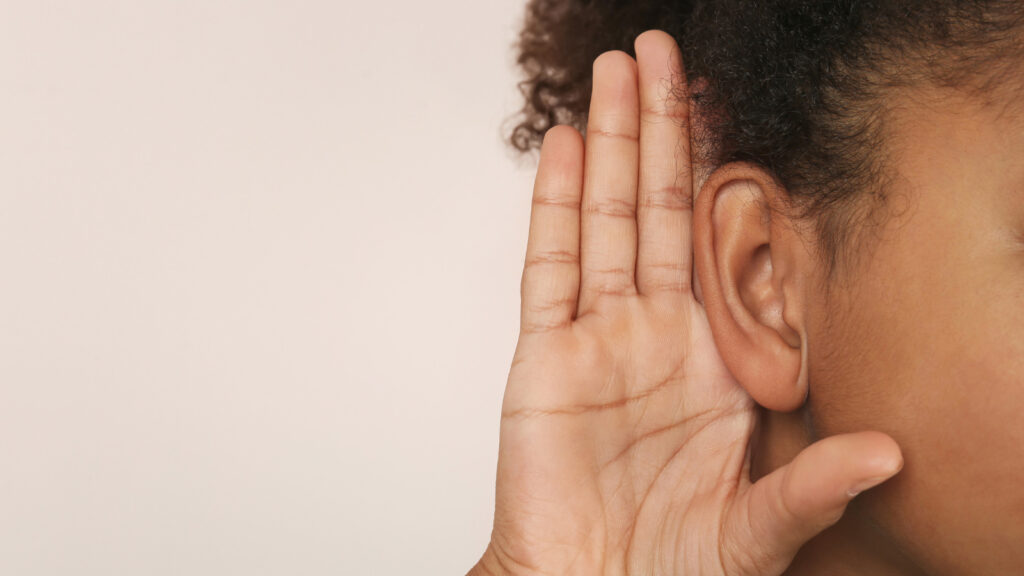The purpose of earwax
Ear wax is a completely natural substance that actually works to lubricate the skin in your ear canal and to kill germs. Ear wax is a mixture of the dead skin cells from your eardrum and ear canal mixing with an oil produced by the sebaceous glands. Normally, this mixture works its way slowly down the ear canal to the opening. Sometimes it gets built up and needs to be removed. Having a lot of ear wax is perfectly normal and doesn’t mean that you or your ears are dirty. Nothing needs to be done about it unless it is causing a problem.
Impacted wax can cause temporary hearing loss or tinnitus. It also can make your ears feel blocked and itchy. A truly sudden loss of hearing may be something more serious, it should be evaluated by your physician or an otolaryngologist, an ear specialist, as soon as possible to get the appropriate treatment. See your doctor if you have ear pain, drainage or bleeding. Although anyone can have a builldup of wax, it is more common for older adults. As we age the wax gets dryer and does not move as naturally down the canal. People who wear hearing aids are more apt to have ear wax that needs to be removed. Excessive ear wax can also block hearing aids and make them whistle when they are in your ear.
How does earwax affect hearing tests?
Ear wax, even if it is not completely blocking your ear, does need to be removed before getting a hearing test. The wax can block the sound to your ear and make your hearing look worse than it actually is. This is one of the reasons that the “do it your self” home hearing tests could be very inaccurate. If no one looks in your ear you don’t know if the reason for your hearing problem is just wax, or if the wax is making the results look worse than they actually are. Audiologists and other health care providers use a special light called an otoscope to look into your ear canal and can identify excessive ear wax painlessly and accurately.
There are very few risks associated with removing ear wax when it is done properly by a professional. Some techniques, like using water to irrigate the ear, should not be used for people with a history of ear surgery, perforations of their ear drum, infections and dizziness. Using instruments to remove the wax manually works well in many cases, although occasionally there can be some mild discomfort when the wax is attached to a thin layer of skin in the canal. Using a softening agent for several days prior to the procedure can make wax removal easier.
How can you prevent excessive earwax build-up in the future?
There really are no preventative measures to reduce the buildup of ear wax. For most people, ear wax comes out naturally on its own and does not cause problems. If you use hearing aids be sure to have your ears checked regularily when you bring your aids in for routine maintenance.
Conclusion
Ear wax is a perfectly normal substance that works to keep your ear canals lubricated. When there is excessive ear wax it can affect the accuracy of a hearing test because it blocks or muffles the sound getting to your ear. Removal of ear wax is generally a very safe and effective procedure. If you have concerns about ear wax see your doctor or audiologist to have your ears checked.

